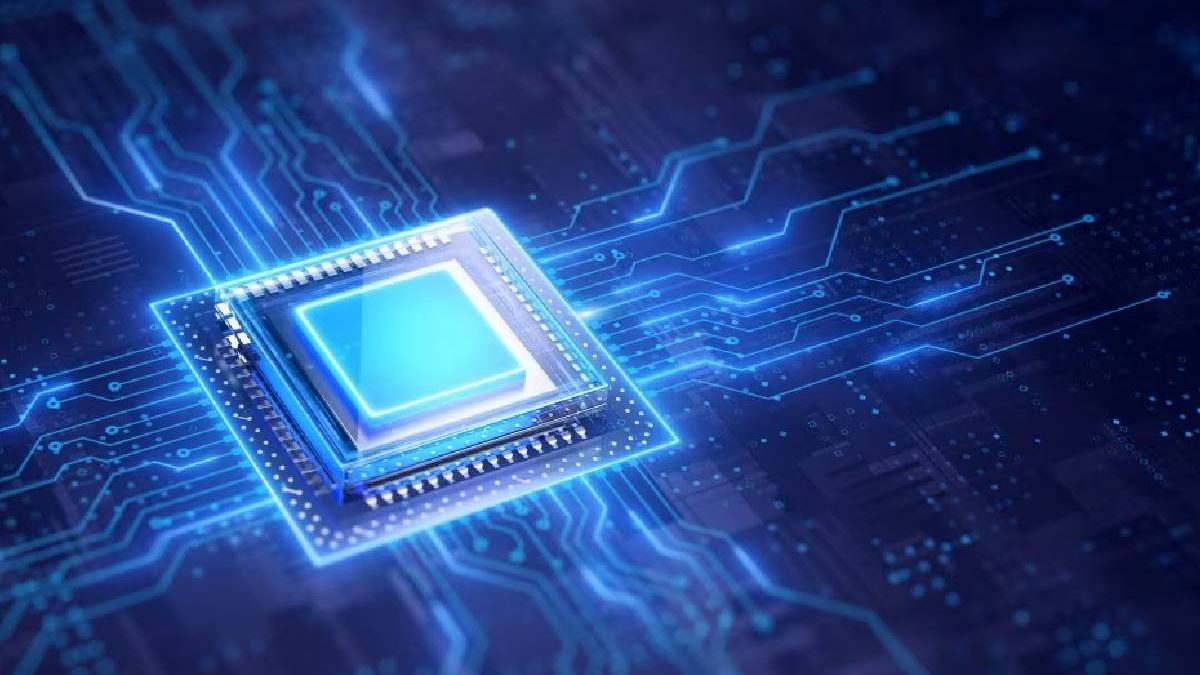The age of digital transformation has ushered in revolutionary changes across diverse sectors. At the forefront of this transformation in the industrial sector are Field Programmable Gate Arrays (FPGAs). These adaptable silicon chips provide the flexibility to design customized solutions tailored to specific needs. In the industrial realm, the significance of industrial standard FPGA solutions cannot be overstated. From enhancing real-time data processing to enabling robust control mechanisms, FPGAs have become integral to modern industrial operations. This piece delves deep into the importance of FPGA applications in industry and the emerging trends of industrial FPGA.
Table of Contents
Revolutionizing the Industrial Landscape with Industrial Standard FPGA Solutions
Real-time Processing and Control: Industries such as manufacturing, automation, and energy require swift processing capabilities. Industrial standard FPGA solutions provide high-speed, real-time data processing, allowing industries to make instantaneous decisions based on real-time inputs. For instance, in automation, FPGA solutions can quickly process sensor data, facilitating immediate feedback mechanisms and controls.
Versatility and Adaptability: Unlike traditional fixed-function application-specific integrated circuits (ASICs), FPGAs are reconfigurable. This adaptability ensures that industrial processes can be easily updated or modified without overhauling the entire system. It provides industries with a competitive edge, allowing them to swiftly adapt to changing requirements or technological advancements.
Enhanced Reliability and Durability: Industrial environments can be harsh, demanding rugged solutions. Industrial FPGA, designed to meet strict standards, ensure long-term reliability and can endure challenging conditions, from temperature variations to vibrations.
Emerging FPGA Applications in Industry
Robotics and Automation: The manufacturing industry is progressively adopting automated robotic solutions. FPGA applications in industry here include precision control of robotic arms, real-time image processing for vision-guided systems, and ensuring synchronized operations across multiple robots in a factory setup.
Energy Management: Modern power grids and renewable energy sources, like wind and solar farms, require sophisticated control systems. FPGAs facilitate the real-time analysis of energy consumption patterns, optimizing energy distribution, and ensuring seamless power transitions.
Transportation and Automotive: From advanced driver assistance system (ADAS) in vehicles to traffic management systems in smart cities, FPGAs offer enhanced processing capabilities. They play a pivotal role in real-time data processing, ensuring safety and efficiency in transportation solutions.
Healthcare: Imaging devices like MRI and ultrasound machines have incorporated FPGA solutions for faster image processing. Similarly, FPGAs aid in real-time monitoring of vital parameters, ensuring timely medical interventions.
Aerospace and Defense: In sectors where precision is paramount, FPGA applications in industry are crucial. They are employed in radar and sonar systems, satellite communications, and missile guidance systems, ensuring accurate real-time data processing.
The Future of Industrial FPGA
As industries globally march towards Industry 4.0, the importance of interconnected systems and the Internet of Things (IoT) comes into the limelight. Industrial FPGA will play a pivotal role in integrating diverse systems, ensuring that they function harmoniously. With their inherent flexibility, they will pave the way for industries to adopt AI and machine learning, allowing for smarter, more efficient operations.
Additionally, with the global push for sustainability and green initiatives, FPGA solutions can aid industries in optimizing operations to reduce wastage and enhance energy efficiency. This aligns with the global goals of sustainable industrial growth, with FPGAs acting as enablers.
Conclusion
The dynamic nature of the industrial sector requires solutions that are adaptable, efficient, and reliable. Industrial standard FPGA solutions aptly fit the bill, ensuring that industries can stay competitive in this era of rapid technological advancements. Their wide range of applications, from robotics to energy management, attests to their versatility and importance in the industrial sector.
As we move forward, it’s evident that the role of FPGA applications in industry will only amplify. Industrial FPGA stands as a testament to the convergence of hardware flexibility and software adaptability, heralding a new age of industrial solutions that are not only efficient but also future-ready. The era of the industrial FPGA has truly begun, promising a brighter, smarter future for industries worldwide.

